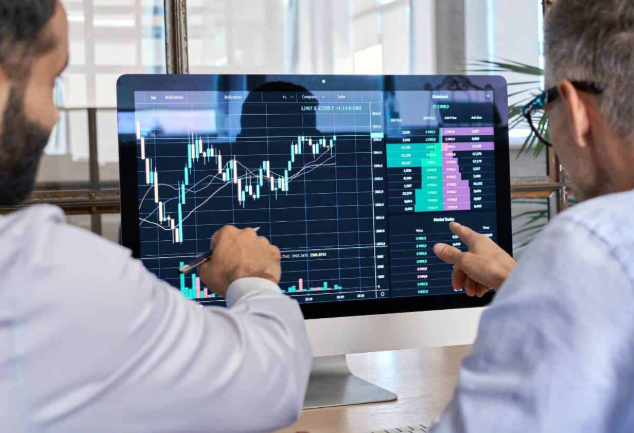When selecting a Forex CFD (Contract for Difference) trading service, it’s crucial to consider several factors that align with your trading goals, risk tolerance, and experience. CFDs allow you to trade a variety of financial instruments, including stocks, indices, commodities, and currencies, without owning the underlying asset. To ensure that you choose the right service, consider the following key factors:
1. Regulation and Security
A reliable Forex CFD trading service must be regulated by a reputable authority. Regulatory bodies like the UK’s Financial Conduct Authority (FCA), Australia’s ASIC, and the US’s CFTC ensure that brokers adhere to strict standards, providing a safer trading environment. Choosing a regulated broker protects your funds and ensures transparent practices. Always check if the broker complies with local regulations and offers segregated client accounts to protect your money.
2. Available Markets and Instruments
The best Forex CFD services offer a diverse range of assets for you to trade. This includes currency pairs, commodities (like gold, oil), indices (such as the S&P 500), and even cryptocurrencies. Depending on your trading strategy, you may want to choose a broker that offers access to multiple markets. Moreover, some services may specialize in specific instruments like precious metals or energy products, which may suit certain trading strategies better.
3. Spreads and Fees
The cost of trading CFDs can vary significantly from one broker to another. Spreads are the difference between the buy and sell price, and lower spreads generally benefit traders. Some brokers also charge additional fees, such as commission on trades, overnight fees (swap rates), and withdrawal fees. Be sure to compare these costs to understand how they might affect your profitability, especially if you plan on executing high-volume trades.
4. Trading Platform and Tools
An intuitive and reliable trading platform is essential for executing trades efficiently. Look for platforms that offer advanced charting tools, technical indicators, and real-time data to assist with analysis. Platforms like MetaTrader 4 (MT4), MetaTrader 5 (MT5), and cTrader are popular among Forex traders for their functionality and ease of use. Additionally, ensure that the platform is compatible with your devices and has features that suit your trading style (manual vs. automated trading).
5. Leverage and Margin Requirements
Leverage allows you to control a larger position with a smaller amount of capital. However, high leverage also increases risk. Different Forex CFD brokers offer varying leverage ratios, and it’s important to understand how leverage works before committing to a broker. For example, European regulations limit leverage to 30:1 for major currency pairs, but in other regions, brokers may offer higher ratios. Make sure to select a leverage level that matches your risk tolerance and trading strategy.
6. Customer Support
Responsive and knowledgeable customer support is critical for resolving any issues you may encounter. Check if the broker offers 24/7 support and whether they can assist you in your preferred language. You may want to test the responsiveness of the support team before opening an account to ensure that you can get help quickly if needed.
7. Account Types and Minimum Deposit
Forex CFD brokers typically offer various account types with different features. These can include demo accounts, which are useful for practicing without risking real money, and live accounts, which require a minimum deposit. Choose a broker that provides account types suited to your level of experience and trading goals. It’s also essential to consider the minimum deposit required to open an account, especially if you’re just starting.
8. Risk Management Features
Risk management tools are crucial in CFD trading, where volatility is high. Look for brokers that offer features like stop-loss orders, take-profit orders, and guaranteed stop-loss orders (GSLOs). These tools can help you manage potential losses and lock in profits automatically.
9. Education and Research Resources
For novice traders, educational resources like webinars, video tutorials, and articles can significantly enhance your understanding of CFD trading. Many brokers offer such materials, along with market analysis and trading signals, which can help you make informed decisions. Choose a broker that offers comprehensive educational tools to support your trading journey.
10. Reputation and Reviews
Before committing to a Forex CFD trading service, research the broker’s reputation. Check independent reviews and feedback from other traders to gauge their experiences. Reputable brokers will have positive reviews and transparent business practices. Be wary of brokers with a history of complaints or unresolved issues.
Conclusion
Choosing the right Forex CFD trading service requires careful evaluation of factors like regulation, available markets, fees, platform functionality, and customer support. Take the time to research different brokers, test their platforms, and read reviews to ensure that the service aligns with your trading needs. By considering these elements, you can make a more informed decision and set yourself up for success in the dynamic world of Forex CFD trading.




